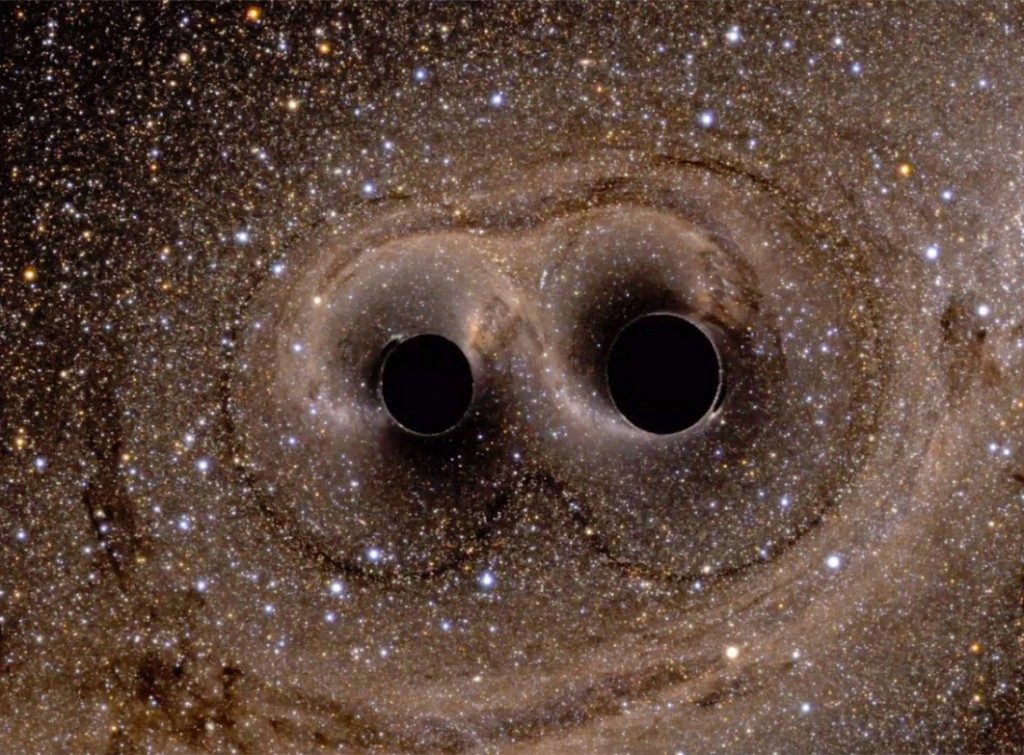Seminar: “Three years after the detection of gravitational waves: and now?”
The Paris Diderot Physics UFR is pleased to announce its first general seminar of the 2018-2019 season which will take place on Friday 28 September at 10am, in the Pierre-Gilles de Gennes amphitheatre, Condorcet Building, level -1
The seminar will be given by Matteo Barsuglia of the APC laboratory, which is very involved in UnivEarthS through the projects I13: Geophysics and gravitational wave interferometric detectors and F2a: Support to PCCP.
“Three years after the detection of gravitational waves: and now?”
Summary: On September 14, 2015, the two LIGO interferometers detected the first gravitational wave. On August 17, 2017, the fusion of two neutron stars, located by the LIGO/Virgo network, triggered the largest multi-messenger observation campaign in the history of astronomy. Among the major results of this new gravitational astronomy: the identification of black hole binary and a new population of massive stellar black holes, the link between gamma-ray bursts and neutron star fusion, a new measurement of the Hubble constant, the measurement of the velocity of gravitational waves, the demonstration that neutron star fusion is one of the sites of heavy chemical element formation. After the review of the last three years, I will describe the observational plans of the Virgo/LIGO/KAGRA network and the experimental challenges associated with improving interferometric detectors. Finally, I will focus on the potential of future gravitational wave observations for cosmology, astrophysics of compact objects and gravitational tests…
Appointment for the traditional coffee/croissants from 9:45 am:
Condorcet building – conviviality space on level -1 (at the bottom of the spiral staircase)
10 rue Alice Domon et Léonie Duquet
University Paris Diderot – UFR de Physique Paris 13ème.

